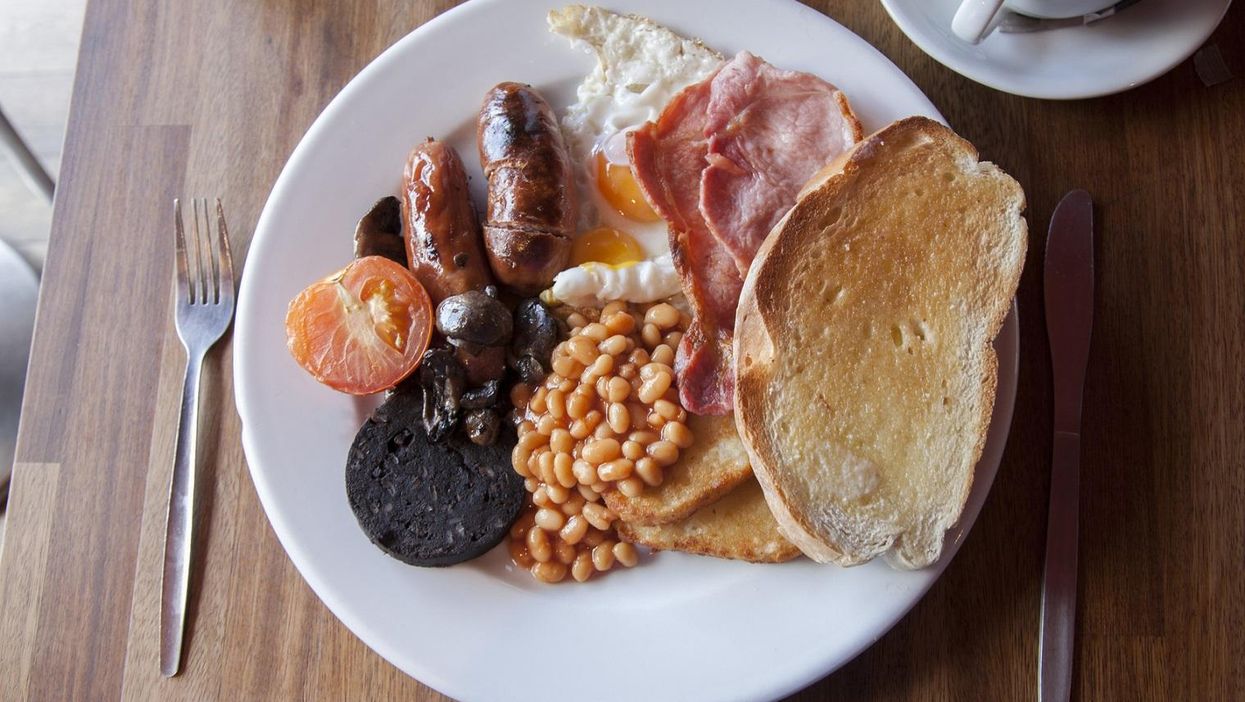News
Tom Embury-Dennis
Aug 26, 2016

It turns out you've probably been eating completely wrong since about the age of two.
Three meals a day is good, snacking is bad. Right? This routine we all take for granted not only isn't particularly good for you, it could actually be making you ill.
The reason we aim for three meals a day originates from at least as far back as the Middle Ages.
Speaking to Mother Jones, historian Abigail Carroll explained that when Europeans got to America, they saw native tribes eating much more flexibly, depending on how much food was available.
Explaining their thinking, she said:
Civilized people ate properly and boundaried their eating, thus differentiating themselves from the animal kingdom, where grazing is the norm.
Us Europeans took that as evidence our 'civilised' way must be right.
There's just one major problem; it's not.
As we became richer, we added more calories to our meals, while doing less and less exercise. And science shows when it comes to your metabolism - turning food into energy or fat - it doesn't make any difference when you eat, just how much.
A 2010 study published in the British Journal of Nutrition had one group eat three meals a day, the other six (total calories consumed were the same). Researchers found no weight differences at all.
In fact, fasting from time to time could be much better for you. Tests suggest it may help prevent heart disease and could ward off damage from ageing and environmental toxins.
So is it time to ditch breakfast, lunch and dinner? You could definitely try it, so long as you're eating no more than your normal intake. The revolutionary idea of eating when you're hungry could be the way forward.
Maybe Native Americans weren't so wrong after all.
Top 100
The Conversation (0)













